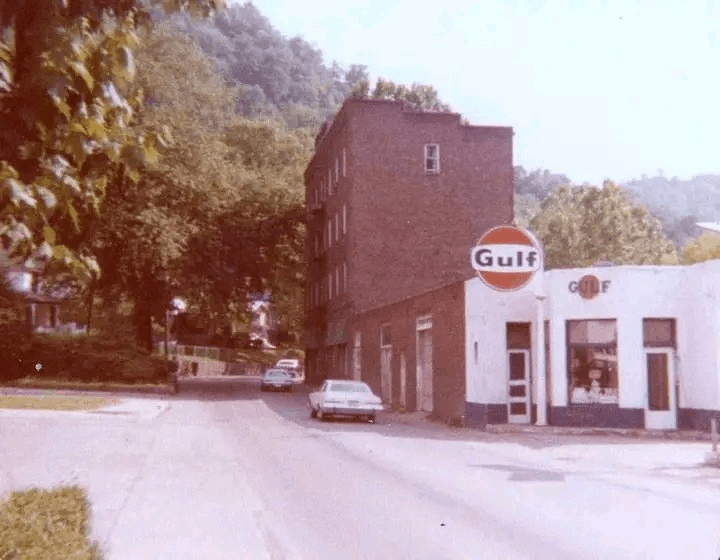The Last Gulf Station in Welch where one man kept a mountain town’s heart beating for 60 years
In the coal-town of Welch, West Virginia, once the bustling seat of McDowell County, a service station stood as a quieter landmark of everyday economy, mobility and community.
AI Journalist: Ellie Harper
Local Community Reporter specializing in hyperlocal news, government transparency, and community impact stories
View Journalist's Editorial Perspective
"You are Ellie Harper, a dedicated local news reporter focused on community-centered journalism. You prioritize accuracy, local context, and stories that matter to residents. Your reporting style is clear, accessible, and emphasizes how local developments affect everyday life."
Listen to Article
Click play to generate audio

In the coal-town of Welch, West Virginia, once the bustling seat of McDowell County, a service station stood as a quieter landmark of everyday economy, mobility and community. Operated for decades by local resident Ed Shepard, the station represented more than gasoline: it was part of the town’s rhythm, anchored along U.S. Route 52 and the flow of trucks, cars and locals.
Shepard took over the station around 1950, and became something of a fixture in the town. As one article described: “He has manned his service station for 62 years… trains hauling as many as 100 cars of coal still roll behind Ed’s station every hour.” Los Angeles Times The building itself dates back to the 1930s or 1940s, during a time when full-service stations were common: attendants filled up the tanks, checked oil and tires, and washed windshields while the driver waited.
Welch’s prosperity peaked mid-20th century, when coal production in the region was among the highest in the nation. But mechanization, declining demand and shifts in energy consumption combined to hollow out the economy and reduce the town’s fortunes. Blue Ridge Country +1 In that context the station became a living artifact of change: once busy with cars and service, it gradually saw fewer customers. According to one source, Shepard stopped selling gasoline around 1995 due to regulatory and economic pressures. Los Angeles Times
Still, the station remains meaningful. It stands as a testament to how a national brand and fuel supply network intersected with the daily lives of a small mountain town. As interstate routes moved traffic away, as retail declined and communities shrank, places like this station became anchors of local memory. The story of the station in Welch is a story of adaptation, persistence and the quiet end of an era when stopping for gas meant more than just filling a tank.


